The Independent's journalism is supported by our readers. When you purchase through links on our site, we may earn commission.
How to explore France’s beautiful Loire region, car-free
Take a long weekend, two trains and a rental bike to tick off one of France’s loveliest regions guilt-free, says Alicia Miller
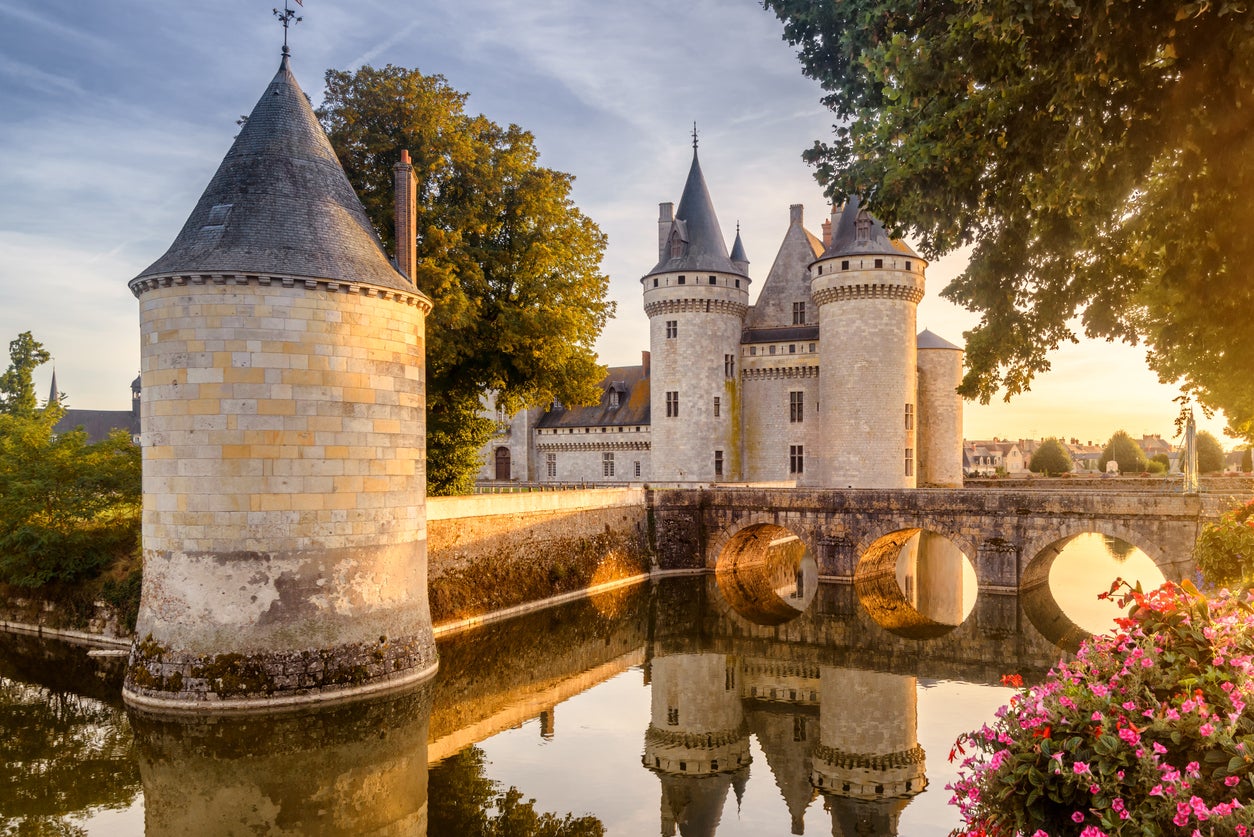
Your support helps us to tell the story
From reproductive rights to climate change to Big Tech, The Independent is on the ground when the story is developing. Whether it's investigating the financials of Elon Musk's pro-Trump PAC or producing our latest documentary, 'The A Word', which shines a light on the American women fighting for reproductive rights, we know how important it is to parse out the facts from the messaging.
At such a critical moment in US history, we need reporters on the ground. Your donation allows us to keep sending journalists to speak to both sides of the story.
The Independent is trusted by Americans across the entire political spectrum. And unlike many other quality news outlets, we choose not to lock Americans out of our reporting and analysis with paywalls. We believe quality journalism should be available to everyone, paid for by those who can afford it.
Your support makes all the difference.By now, we all know that French cities are handily accessible by train. I bet that, at least once, you’ve taken the Eurostar to Paris. You’ve known the glorious ease of the seamless arrival straight into the city’s heart; felt the satisfaction of travelling more sustainably, without the heftier carbon footprint of flying or driving. Perhaps you’ve even ventured to Gallic cities further afield, getting to Lyon, Marseille or Avignon by rail.
But rail adventures into France go further than its cities. Only a train’s zoom onward from the capital lies the bucolic Loire Valley – a rambling landscape of epic chateaux, eclectic wine tastings and river-carved landscapes – which is just as rewarding when done sans-auto.
As I discovered over a weekend break, once you get there, you don’t need four wheels to experience the region’s riches – though it does help to have two. With hundreds of kilometres of dedicated cycling routes, the Loire is a fabulous area to explore by bike.
Of course, I didn’t see the whole valley. Spanning around 800 sq km of central France, bisected by a river leading to the Atlantic Ocean, the area is more than anyone could tackle on a quick trip – even with a car. Instead, I explored it over two days, seeing the pretty towns of Blois and Amboise in an itinerary that gives you a highlights reel of the region – a taster of the Loire’s scenery, sights and culinary delights.
Stepping off my train at Blois-Chambord station, just an 83-minute morning ride from Gare d’Austerlitz in Paris, I was met by my guide, Stephanie Ladonne.
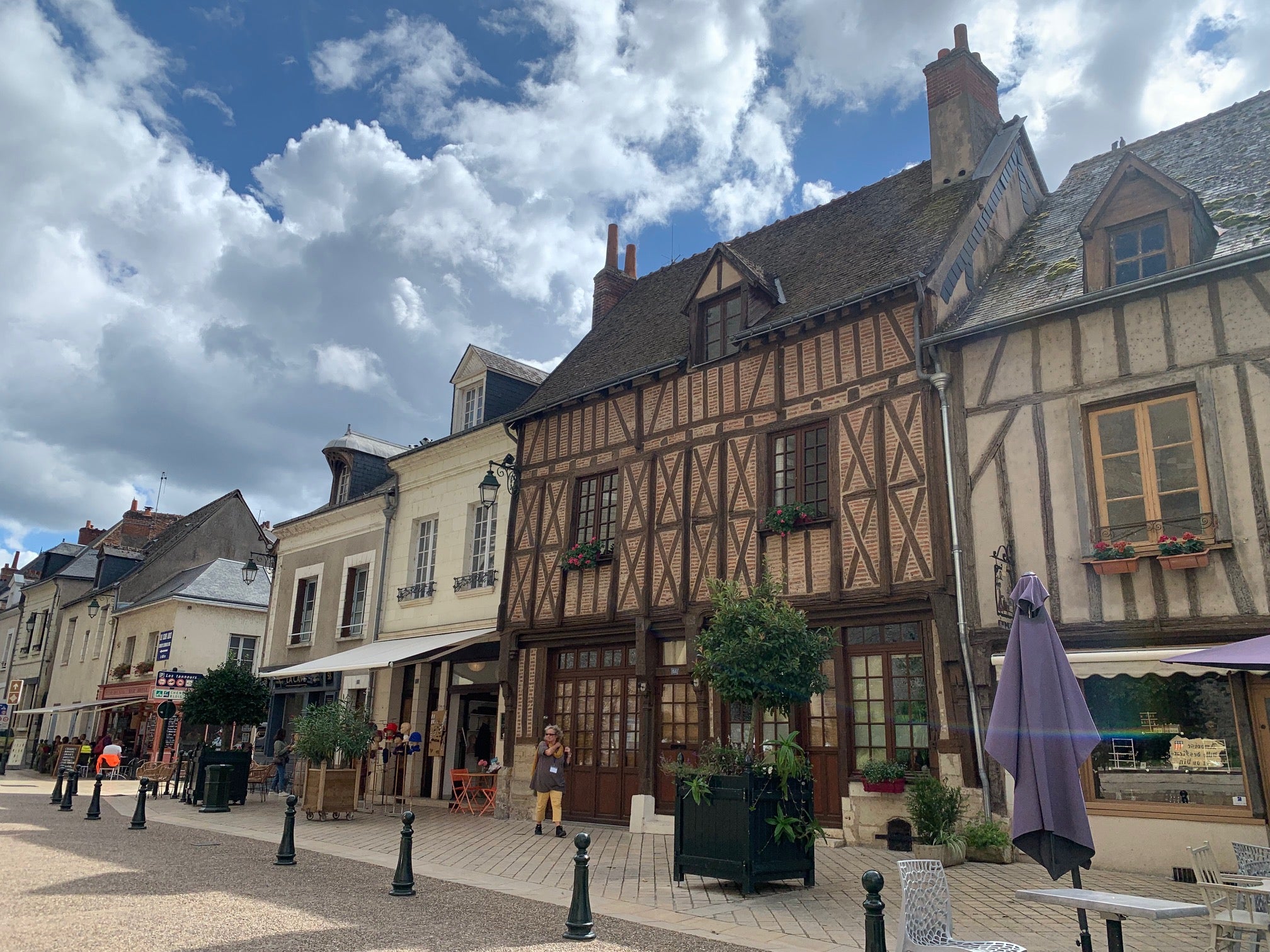
You don’t need a guide to see the Loire Valley car-free – there are plenty of specialist cycling outfits, for example Vélo de Loire, who will drop off hire bikes at the spot of your choosing, then collect them when you’ve finished. (They’ll take care of shifting your luggage between your hotels, too, so you can focus on the scenery.) But in my case, I wanted context. I wanted to know all about the Loire’s complex history. And on that, Stephanie is an expert.
It turned out that Blois was a perfect place to start the lesson. A pretty town built in cream stone and over opposing banks of the Loire River, and linked by an 18th-century bridge, it’s best known for its imposing Royal Chateau de Blois (entry £12), just a 500m walk from the train station.
Cycling this route in one go would take two to three hours at a decent pedalling speed - but this is France, and there is wine to be drunk, cheese to be eaten
And what a chateau. While the Loire has hundreds of palatial country piles to view – stay long enough and they start to feel as common as pubs in London – this one is special. As we pedal up to the gate, Stephanie explains that, for centuries, from pre-Joan of Arc to 17th-century Louis XIV, it was the Loire, not Versailles, that housed the royal court. On top of this, Blois intrigues history fans because it’s something of an architectural mishmash.
Its medieval banquet hall is clad in simple stone; a brick-fronted wing was built by Louis XII; a formal 17th-century facade was constructed by Gaston of Orleans. And, most magnificent of all, its indoor-outdoor spiral staircase is intricately carved in local tuffeau limestone, dating back to the prolific reign of François I.

Stephanie and I tour the maze of tiled floors, painted fireplaces and ghostly statues, gossiping about former residents like Catherine de’ Medici. We see the original wood beams in the medieval hall rafters, which date back to 1214 – older than those that burned in Notre-Dame’s devastating 2019 fire (note: seeing this bit requires booking onto a special tour, costing an extra £5).
I could have hung around Blois, snapping pics from its pretty bridge, poking around its Fine Arts Museum or shopping in its cute old town, for days. I certainly wouldn’t have minded hitting the spa at luxe new hotel Fleur de Loire (doubles from £270, room only). But it was time to hit the road. And by road, I mean cycle path.
The official Loire By Bike route is what really makes this region a win for car-free travellers. A full 900km of well-signposted, well-maintained cycling route weaves from inland Cuffy, in the east, all the way to coastal Saint-Brevin-les-Pins on the shores of the Atlantic.
It’s a joy to cycle, too. Pedalling southwest from Blois, the valley’s landscape reveals itself: flat farming fields lined with dykes, rushing river with sandy banks, sleepy hamlets backed by vine-carpeted slopes. Despite the occasional steep slope, zipping along is easy when you’ve got an electric bike. Keen to experience it under my own steam, I said goodbye to Stephanie for the day – we’d meet up again the next afternoon.
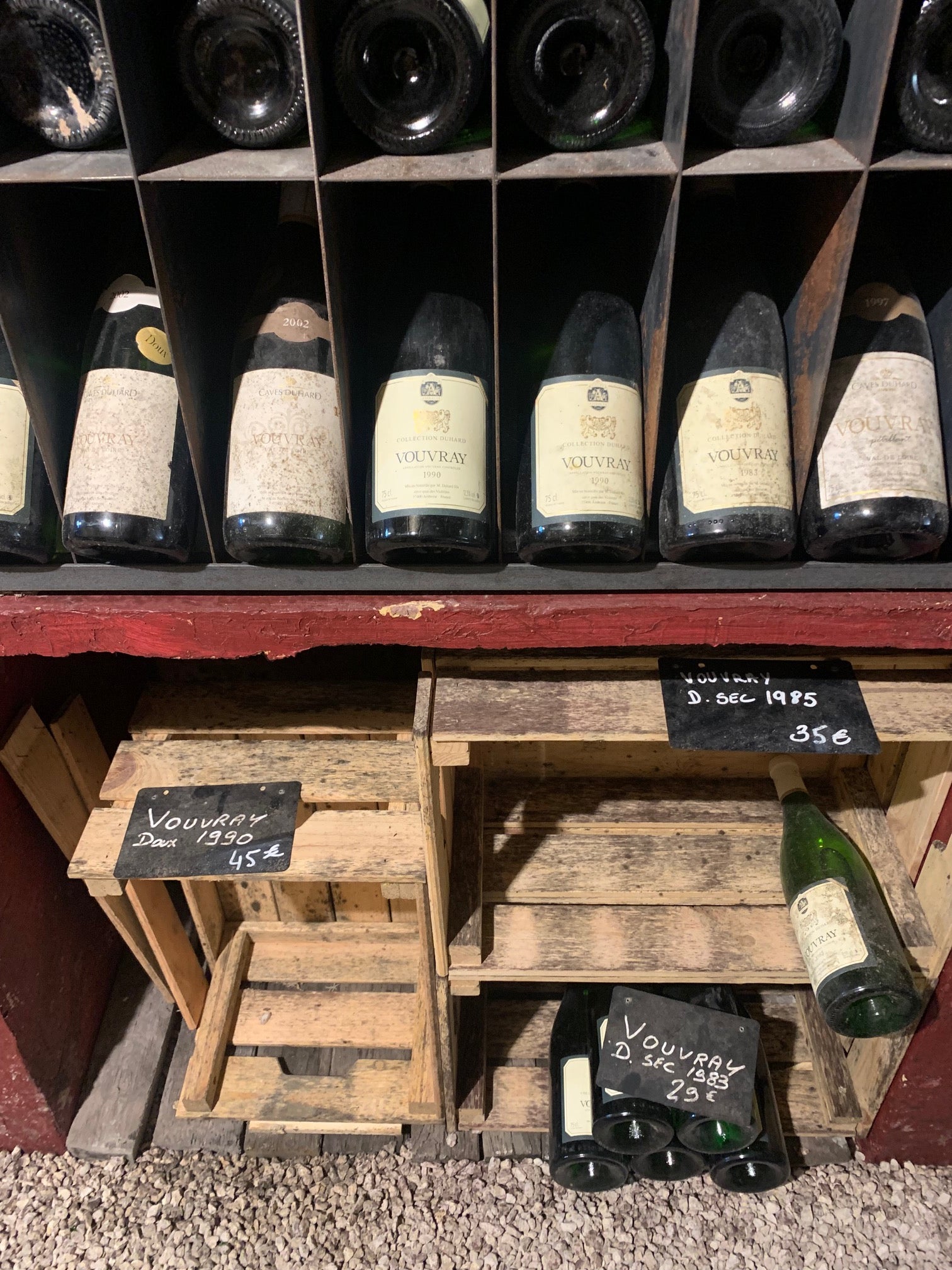
To cycle the whole Loire by Bike route, you’d need weeks, even with the relative ease of an electric bike. For my long weekend, I tackle a 45km stretch of it, starting in Blois and ending west at photogenic Amboise. Cycling this route in one go would take two to three hours at a decent cycling speed – but this is France, and there is wine to be drunk, cheese to be eaten, fields of flowers and riverbanks to photograph.
With this in mind, I’d planned to break my journey with a night’s stay halfway along, in Chaumont-sur-Loire, a town that also happens to be home to the region’s newest hotel, Le Bois des Chambres.
In the honeyed light of early evening, Aurelian Turpin whisks me down the tranquil Loire River in his traditional wooden boat
Flanked by a field of horses, it’s a former farm transformed into an artsy pad. Rooms painted in French grey or dusty pink have reinforced thermal insulation, eliminating the need for heating systems. Contemporary art brightens public areas. At the centre of it all, an avant-garde restaurant – somewhere between a giant haystack and a circus tent – serves sturgeon from the nearby Sologne forest and guinea fowl from Orleans.
Sightseeing is easy here: the hotel is set on the wider grounds of another chateau, Domaine de Chaumont-sur-Loire, this one stuffed with contemporary art. I spend the afternoon viewing the installations, seemingly lifted from the Tate Modern: a vast web of dried flowers in a stained glass-lined chapel; a giant glittering gold ball in the stables.
After exploring the Domaine’s colourful manicured gardens, also studded with sculptures, I hit the water.
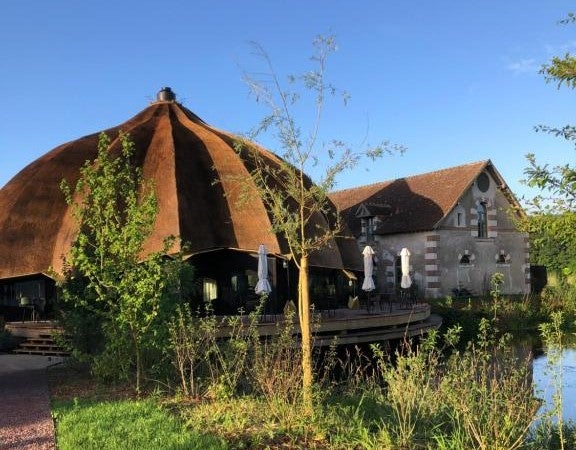
In the honeyed light of early evening, local guide Aurelian Turpin whisks me down the tranquil Loire River in his traditional wooden boat, styled after merchant vessels used during the Middle Ages (from £18 for a river tour). Puttering steadily down the shallow waters, there’s no traffic, no noise – just the sight of trees, hillside chateaux and Aurelian’s dog seated at the bow. If I thought I was travelling slow before, this trip just got even slower.
The next morning, it’s onwards to Amboise. Setting off from Chaumont-sur-Loire, the diversity of the valley’s landscape becomes obvious. After a short stretch hugging the river, I’m plunged into dense forest, festooned with mistletoe. It soon melts away into vineyards, hung with ripening grapes, and neat fields. Hills (thank heavens for the e-bike) wind me up past farmhouses and horses. Plus the odd winery with an open tasting room.
Out come platters of local goat’s cheese – aged to perfection here in the limestone caves – and Pascal pours tasters of impossibly old vintages
I’m craving a glass of the local stuff at this point, and reunited with Stephanie, I’m led to Caveau des Vignerons D’Amboise, set in the photogenic centre. You’ll find it steps from popular chocolate shop Bigot, in the shadow of the vast Chateau d’Amboise – and right by the burial place of Leonardo da Vinci.
Her other tip is just outside town, by the banks of the river: Caves Ambacia. After a tour of the medieval troglodyte cellars with owner Pascal Mineau, I sit at the bar, a flight of Chenin Blanc and Cabernet Franc wines glittering before me.
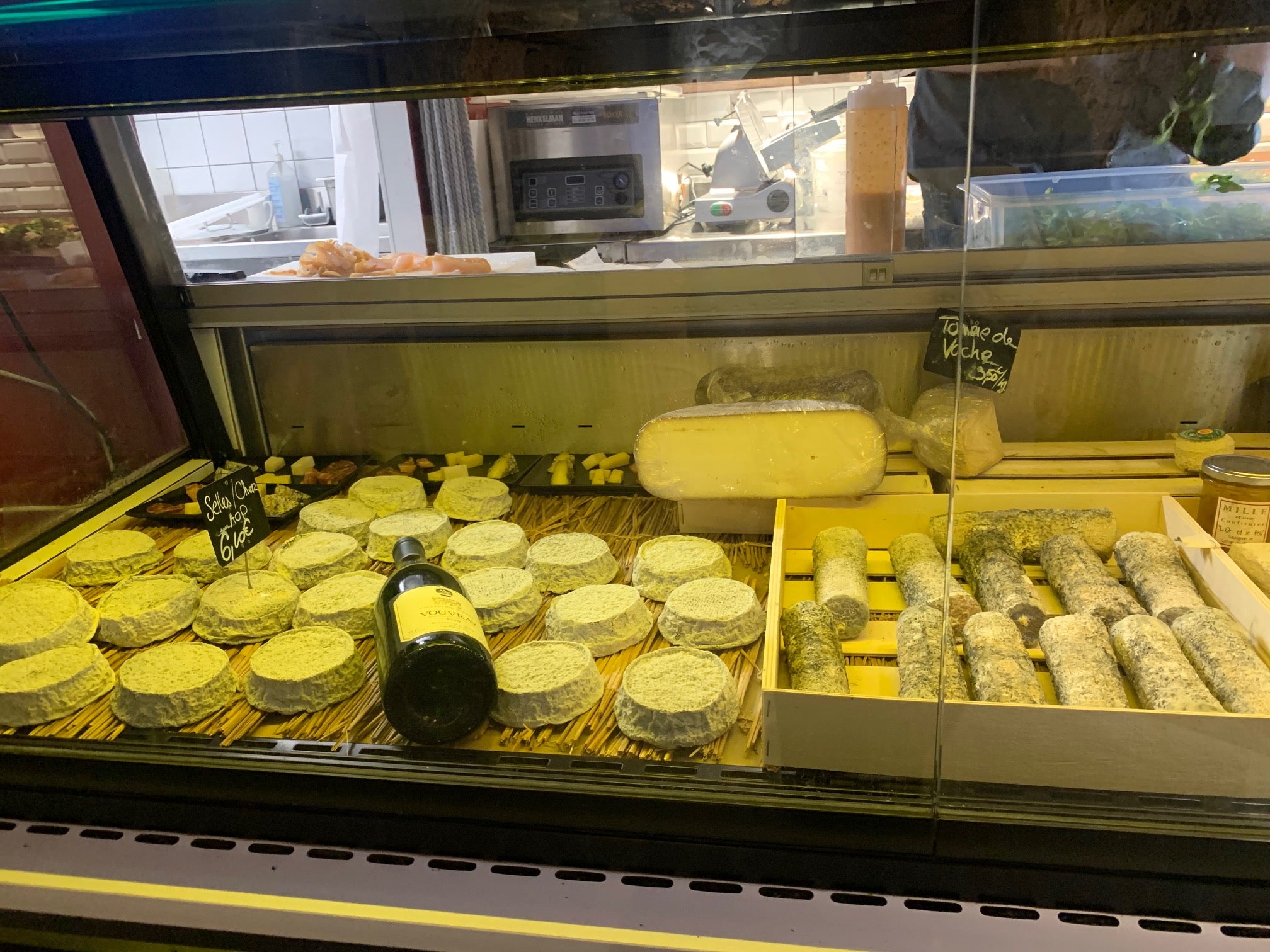
Out come platters of local goat’s cheese – aged to perfection here in the limestone caves – and Pascal pours tasters of impossibly old vintages (his oldest bottle for sale? A Vouvray demi-sec from 1874).
As I linger over my favourite of the bunch, Pascal’s 2020 Chinon – full of fresh, lively red fruit and hints of spice – I overhear the couple next to me. They’re weighing up which of them will get to enjoy the wine and which has to be the designated driver.
As for me? No car in sight; and my bike has been safely dropped off in town. My train ticket – Amboise station, served by direct trains back to Paris, is just a walk away – is already downloaded on my phone. So, I take another sip of my glass. And I settle in.
Read more: Best hotels in Paris
Travel essentials
Getting there
Rouelib can provide rental bikes for a cycling tour of the Loire Valley, while Detour de Loire can organise bigger packages with luggage transported between stops, so you can cycle backpack-free.
Eurostar trains run from London St Pancras to Paris Gare du Nord. Onward trains to Blois and Amboise depart from Paris Austerlitz with SNCF.
Read more: 10 most beautiful places in Paris
Staying there
Le Bois des Chambres in Chaumont-sur-Loire has double rooms from £128, room only.
More information
For more on the Loire Valley, see valdeloire-france.com.
Join our commenting forum
Join thought-provoking conversations, follow other Independent readers and see their replies
Comments